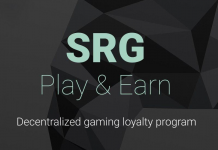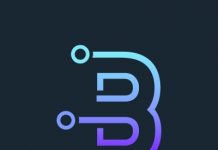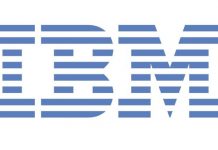Singapore-based provider of blockchain protocol for digital insurance, Aigang Network has revealed its plans to disrput the insurance sector. The company’s plans for the future are described in its latest whitepaper, which includes many new additions and an updated roadmap. Aigang offers a fully automated insurance protocol, made possible through smart contracts and IoT devices. The company’s technical goal is to build a protocol on a blockchain which would enable community, companies, developers build insurance modules themselves, using its infrastructure.
The Aigang Network’s blockchain protocol provides next-generation digital insurance for Internet-of-Things devices using Decentralized Autonomous Organization and smart contracts. The company is making headway into the InsurTech segment. The company’s latest demo app is built on Ethereum testnet and will be preceded by its mainnet release in the near future.
Investing in DAO Insurance and Token Model offers investors a chance to diversify their portfolio by investing in pools of different products with different risk levels and potential profit. The company has launched the demo for phone batteries, which could soon be expanded to include drones, smart cars, and many other products. This new model allows to directly invest in reserve pools and then trade them on the secondary market.
Currently, in Alpha stage, Aigang’s peer to peer investment platform is being developed with several key targets in mind, including: performing calculations and build statistical models for needed reserves and risk assessment, tokenizing reserves, device data tracking and claim processes, listing all insurance product pools with assessed risk, predicted profit, displaying complete investor profiles, insurance pricing simulation with machine learning, and other aspects.
Aigang’s software for IoT devices is designed to alleviate the problem of fraud in the insurance market, which exists as a result of a lack of accurate data. The software is built for devices or product makers API’s will be used to retrieve data about the device state. The software will be able to process claims automatically, and in the event of an accident, the device will automatically register possibility and accuracy of the accident. All that the policyholder will have to do is to trigger the event manually. The software uses algorithms to access data validation, damage detection, historical data and machine learning to calculate the payout and finalize the claim. Initially, there will be a support team to monitor frauds until the protocol can be moved to fully autonomous insurance driven by AI and blockchain.
For a showcase of blockchain protocol for digital insurance, Aigang has selected smartphones. The most common technical issue for a smartphone is battery malfunction and a trend in decreased warranty periods has resulted in many owners facing costs for repairs or battery replacement. Aigang implements risk assessment software to monitor the degradation of the phone battery and once the battery reaches a critical state, the payout is automatically processed and executed by smart contracts.
Insurance Pricing simulation and machine learning, in conjunction with other conditions that will be embedded in the smart contract to govern risk selection pricing, will be key in ensuring the profitability of the portfolio, and appropriate return to investors. Machine learning techniques are used to capture the significant risk factors for pricing and to make sure that the pricing structure captures the significant risk factors of each individual policy.











